Home>Furniture & Design>Outdoor Furniture>How To Shut Off Outdoor Water For Winter
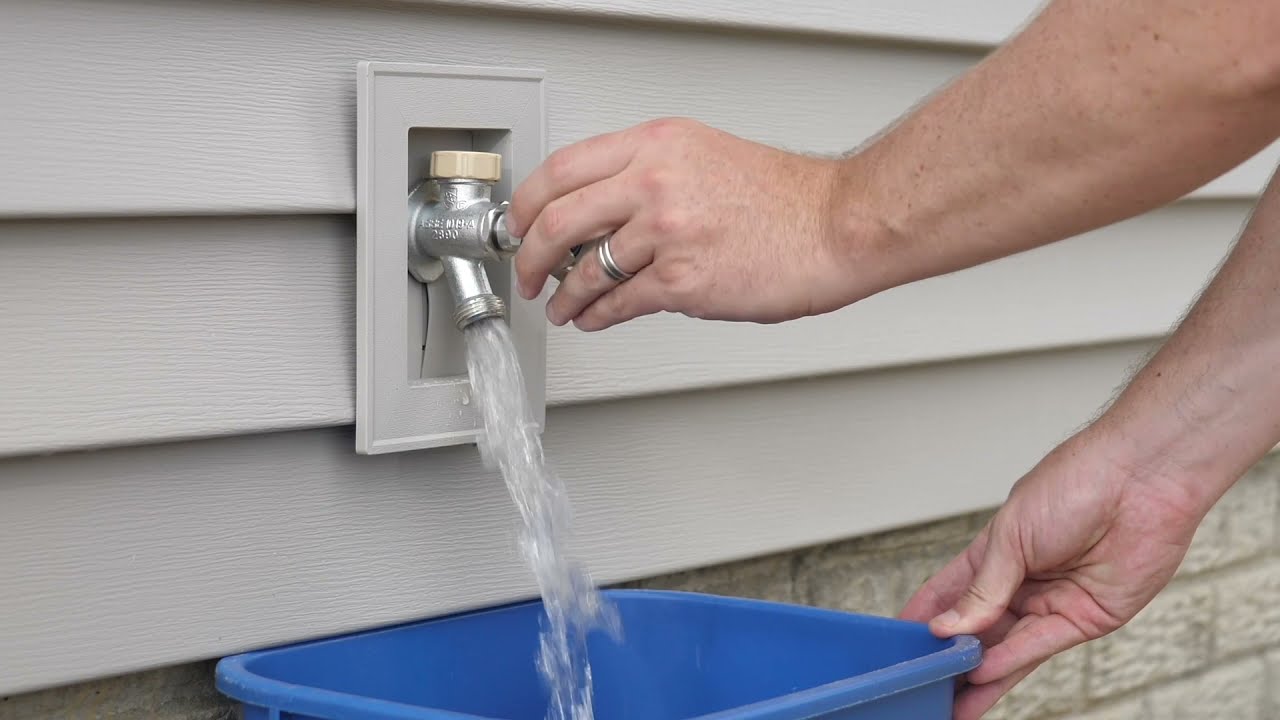

Outdoor Furniture
How To Shut Off Outdoor Water For Winter
Modified: February 18, 2024
Learn how to properly shut off your outdoor water for the winter to protect your outdoor furniture and design. Follow these steps to prevent damage and ensure a smooth transition into the colder months.
(Many of the links in this article redirect to a specific reviewed product. Your purchase of these products through affiliate links helps to generate commission for Storables.com, at no extra cost. Learn more)
Introduction
Welcome to the comprehensive guide on preparing your outdoor water system for the winter. As the temperatures begin to drop and winter approaches, it's crucial to safeguard your outdoor water fixtures from potential damage caused by freezing temperatures. By taking the necessary steps to shut off your outdoor water supply, you can prevent costly repairs and ensure that your outdoor water system remains in optimal condition for the coming seasons.
In this article, you'll discover the essential tools and materials required for winterizing your outdoor water system, as well as a detailed, step-by-step guide to effectively shutting off the outdoor water supply. Additionally, you'll find valuable tips to safeguard your outdoor water fixtures during the colder months, ensuring that they emerge unscathed when spring arrives.
So, let's dive in and equip ourselves with the knowledge and tools necessary to protect our outdoor water system from the harsh winter conditions. By taking proactive measures now, you can enjoy peace of mind knowing that your outdoor water fixtures are well-prepared to withstand the challenges of the winter season.
Key Takeaways:
- Protect your outdoor water system from winter damage by shutting off the water supply. This prevents freezing, burst pipes, and costly repairs, ensuring your fixtures remain in optimal condition for spring.
- Gather essential tools like an adjustable wrench and insulating foam pipe covers to effectively shut off outdoor water. Follow the step-by-step guide to safeguard your fixtures and prevent potential damage.
Read more: Where Is The Outdoor Water Shut Off Valve
Why Shut Off Outdoor Water
As winter approaches, it is essential to shut off your outdoor water supply to prevent potential damage caused by freezing temperatures. When water freezes, it expands, which can lead to burst pipes, damaged outdoor faucets, and costly repairs. By shutting off the outdoor water supply, you can safeguard your water fixtures and prevent water from accumulating in the pipes, which could freeze and cause significant damage.
Furthermore, shutting off the outdoor water supply helps protect your irrigation system, hoses, and outdoor faucets from the harsh effects of winter. By taking this proactive step, you can avoid the inconvenience and expense of dealing with burst pipes and damaged water fixtures once the temperatures drop below freezing.
In addition to preventing damage to your outdoor water system, shutting off the outdoor water supply can also help conserve water and reduce the risk of water wastage during the winter months. By disconnecting hoses and shutting off outdoor faucets, you can prevent water from being left standing in the pipes, reducing the likelihood of leaks and water waste.
By understanding the importance of shutting off outdoor water for the winter, you can protect your outdoor water fixtures, conserve water, and avoid costly repairs. This proactive measure is a crucial step in preparing your outdoor water system for the challenges posed by winter, ensuring that your water fixtures remain in optimal condition and ready for use when the warmer months return.
Tools and Materials Needed
Before you begin the process of shutting off your outdoor water supply for the winter, it’s important to gather the necessary tools and materials. Having the right equipment on hand will streamline the winterization process and ensure that you can effectively protect your outdoor water fixtures from potential damage caused by freezing temperatures.
Here are the essential tools and materials you will need:
- Adjustable Wrench: An adjustable wrench will be indispensable for loosening and disconnecting outdoor water fixtures, such as hoses and faucets.
- Frost-Free Hose Bib Cover: A frost-free hose bib cover provides insulation and protection for outdoor faucets, preventing them from freezing and sustaining damage during the winter.
- Insulating Foam Pipe Covers: Insulating foam pipe covers are designed to protect exposed pipes from freezing temperatures, reducing the risk of burst pipes and potential water damage.
- Teflon Tape: Teflon tape, also known as plumber’s tape, is used to create a watertight seal when reconnecting outdoor water fixtures, ensuring that they remain secure and leak-free.
- Bucket: Having a bucket on hand will be helpful for catching any residual water that may drain from outdoor faucets and pipes during the winterization process.
- Garden Hose (if applicable): If you have a garden hose connected to outdoor water fixtures, you will need to disconnect and drain it to prevent damage from freezing temperatures.
- Shut-Off Valve Key (if applicable): For properties with underground irrigation systems, a shut-off valve key may be required to access and shut off the water supply to the irrigation system.
- Plastic Bags: Plastic bags can be used to cover outdoor faucets and protect them from exposure to the elements, reducing the risk of freezing and damage.
By ensuring that you have these essential tools and materials on hand, you can proceed with confidence, knowing that you are well-equipped to effectively winterize your outdoor water system. With these items at your disposal, you will be ready to protect your outdoor water fixtures from the potential hazards of the winter season, safeguarding them against damage and ensuring their longevity.
Make sure to shut off the outdoor water supply from the inside shut-off valve. Then open the outdoor faucet to drain any remaining water to prevent freezing and potential pipe damage during the winter.
Steps to Shut Off Outdoor Water
Winterizing your outdoor water system involves a series of essential steps to ensure that your water fixtures are adequately protected from freezing temperatures. By following these steps, you can effectively shut off the outdoor water supply and safeguard your water fixtures, hoses, and pipes from potential damage during the winter months.
- Disconnect Garden Hoses: Start by disconnecting any garden hoses from outdoor faucets. Drain the hoses completely to remove any residual water, then store them in a protected area to prevent damage from freezing temperatures.
- Shut Off Outdoor Faucets: Locate the shut-off valves for your outdoor faucets and turn them off to stop the flow of water. Once the valves are closed, open the outdoor faucets to allow any remaining water to drain out.
- Install Frost-Free Hose Bib Covers: For additional protection, consider installing frost-free hose bib covers on outdoor faucets. These covers provide insulation and help prevent outdoor faucets from freezing and sustaining damage during the winter.
- Insulate Exposed Pipes: Insulate any exposed outdoor pipes using insulating foam pipe covers. These covers help protect the pipes from freezing temperatures, reducing the risk of burst pipes and potential water damage.
- Use Teflon Tape for Seals: If you need to reconnect any outdoor water fixtures, such as hoses or faucets, use Teflon tape to create a watertight seal. This will help prevent leaks and ensure that the fixtures remain secure during the winter.
- Drain Irrigation Systems (if applicable): If your property has an underground irrigation system, use a shut-off valve key to access and shut off the water supply to the system. Drain the irrigation lines to remove any remaining water and prevent freezing.
- Protect Outdoor Faucets: Cover outdoor faucets with plastic bags or specialized faucet covers to shield them from exposure to the elements. This additional layer of protection can help prevent freezing and potential damage to the faucets.
By following these steps to shut off your outdoor water supply, you can effectively prepare your outdoor water system for the challenges of winter. Taking these proactive measures will help safeguard your water fixtures, prevent potential damage from freezing temperatures, and ensure that your outdoor water system remains in optimal condition for the coming seasons.
Tips for Winterizing Outdoor Water System
As you prepare to shut off your outdoor water supply for the winter, consider the following tips to ensure that your water fixtures and outdoor water system are thoroughly winterized, protected, and ready to withstand the challenges of the colder months.
- Early Preparation: Don’t wait until the temperatures drop below freezing to winterize your outdoor water system. Plan ahead and begin the winterization process before the onset of cold weather to avoid potential damage to your water fixtures.
- Thoroughly Drain Hoses: When disconnecting garden hoses, ensure that they are completely drained of water to prevent damage from freezing. Store the hoses in a protected area, such as a garage or shed, to shield them from the elements.
- Inspect for Leaks: Before shutting off the outdoor water supply, inspect outdoor faucets, hoses, and pipes for any signs of leaks or damage. Address any issues before winterizing the system to prevent further damage during the colder months.
- Consider Heat Tape: For particularly vulnerable outdoor pipes, consider using heat tape to provide additional protection against freezing temperatures. Heat tape can help prevent pipes from freezing and reduce the risk of burst pipes.
- Professional Irrigation System Maintenance: If your property has an underground irrigation system, consider scheduling professional maintenance to ensure that the system is properly winterized and protected from freezing temperatures.
- Monitor Weather Forecasts: Stay informed about upcoming weather conditions and be prepared to take additional precautions, such as insulating outdoor pipes or faucets, in response to particularly cold or inclement weather.
- Regular Maintenance: Incorporate regular maintenance of your outdoor water system into your seasonal home maintenance routine. By consistently monitoring and caring for your water fixtures, you can prolong their lifespan and prevent potential damage.
- Seek Professional Assistance: If you are unsure about the winterization process or encounter complex issues with your outdoor water system, consider seeking professional assistance from a plumber or irrigation specialist.
By implementing these tips, you can ensure that your outdoor water system is comprehensively winterized and protected from the potential hazards of freezing temperatures. Taking proactive measures and paying attention to the details will help safeguard your water fixtures and ensure that they remain in optimal condition for the duration of the winter season.
Read more: How To Shut Off Water
Conclusion
As the winter season approaches, taking the necessary steps to shut off your outdoor water supply is essential for safeguarding your water fixtures and protecting them from potential damage caused by freezing temperatures. By following the comprehensive guide outlined in this article, you have equipped yourself with the knowledge and tools necessary to effectively winterize your outdoor water system, ensuring that it remains in optimal condition for the duration of the colder months.
By understanding the importance of shutting off outdoor water for the winter, you have taken proactive measures to prevent costly repairs, conserve water, and protect your outdoor water fixtures from the harsh effects of winter. Through early preparation, thorough drainage of hoses, and the use of insulation and protective covers, you have fortified your outdoor water system against the challenges posed by freezing temperatures.
Furthermore, the incorporation of valuable tips, such as early preparation, regular maintenance, and monitoring weather forecasts, has empowered you to take a proactive and vigilant approach to winterizing your outdoor water system. By prioritizing the care and maintenance of your outdoor water fixtures, you can ensure their longevity and optimal performance when the warmer seasons return.
As you complete the process of shutting off your outdoor water supply and winterizing your water fixtures, you can take pride in knowing that you have taken proactive steps to protect your outdoor water system and prevent potential damage. By embracing the guidance provided in this article and implementing the recommended steps and tips, you have positioned yourself to enjoy peace of mind throughout the winter, knowing that your outdoor water fixtures are well-prepared to withstand the challenges of the colder months.
With your outdoor water system effectively winterized, you can look forward to the coming seasons with confidence, knowing that your water fixtures are safeguarded and ready for use when the temperatures begin to rise once again.
Frequently Asked Questions about How To Shut Off Outdoor Water For Winter
Was this page helpful?
At Storables.com, we guarantee accurate and reliable information. Our content, validated by Expert Board Contributors, is crafted following stringent Editorial Policies. We're committed to providing you with well-researched, expert-backed insights for all your informational needs.
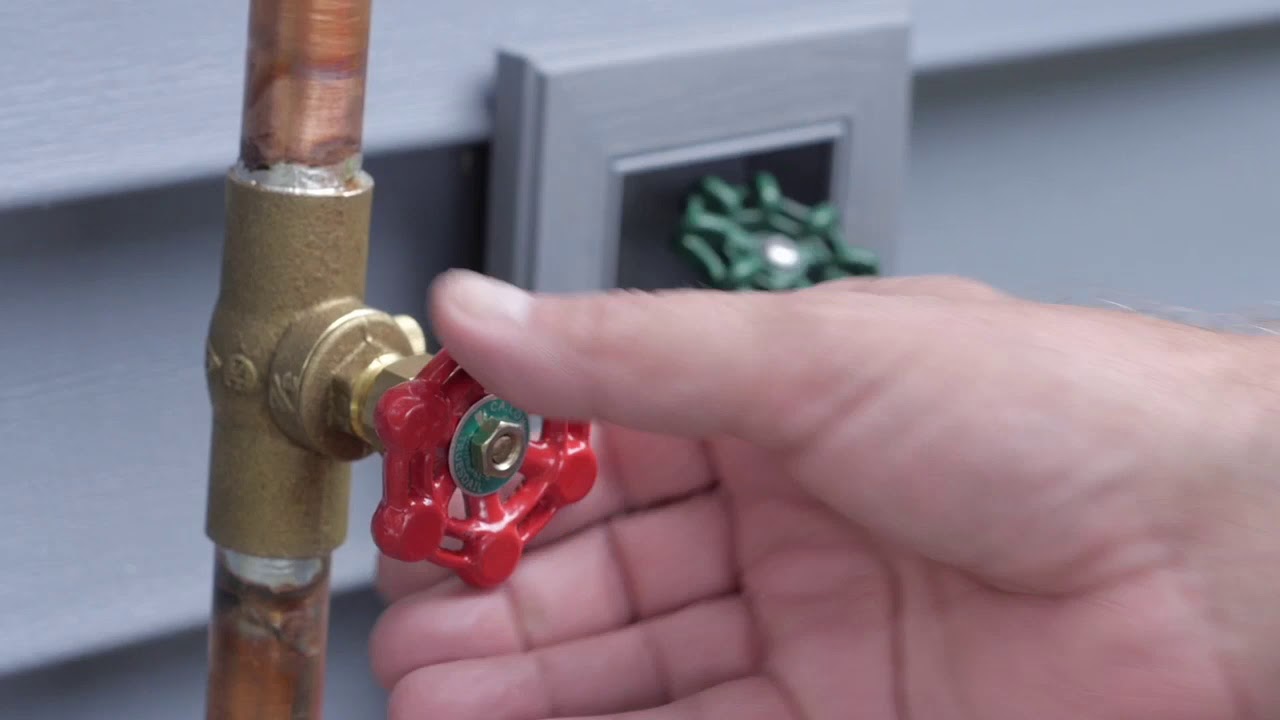
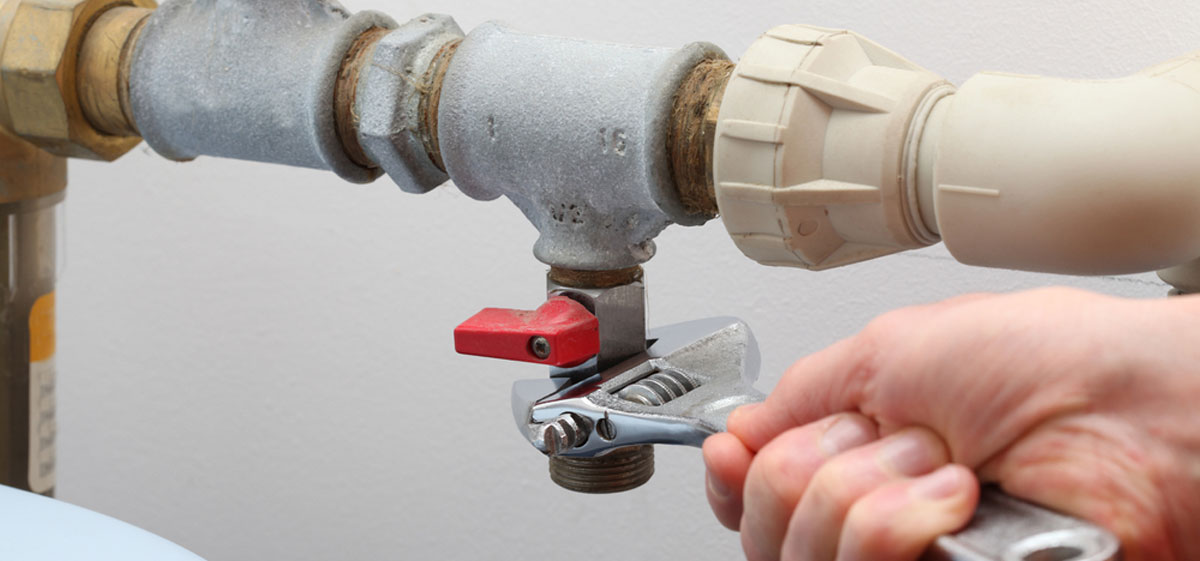
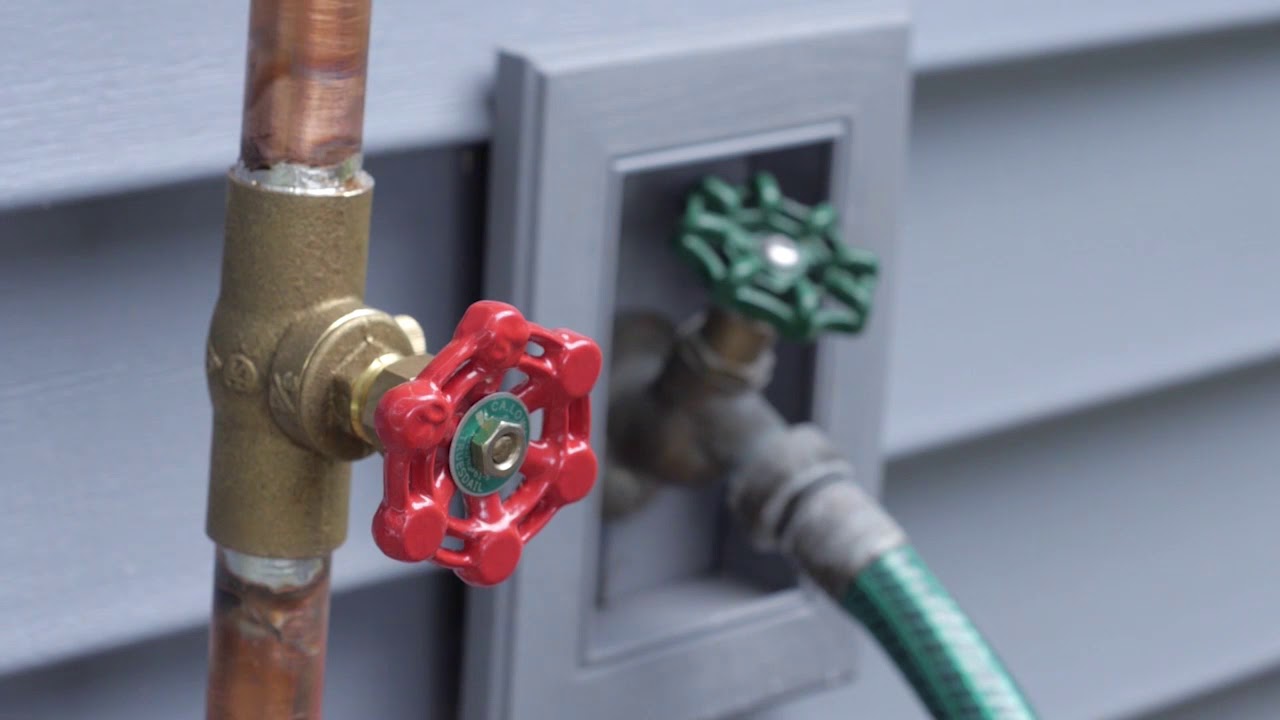
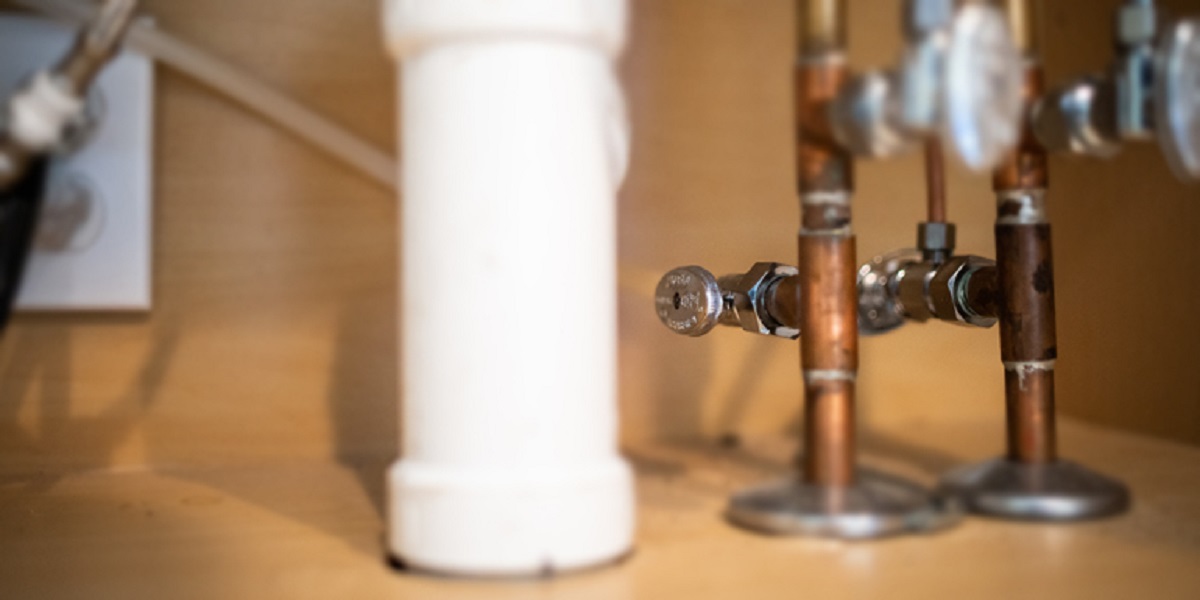
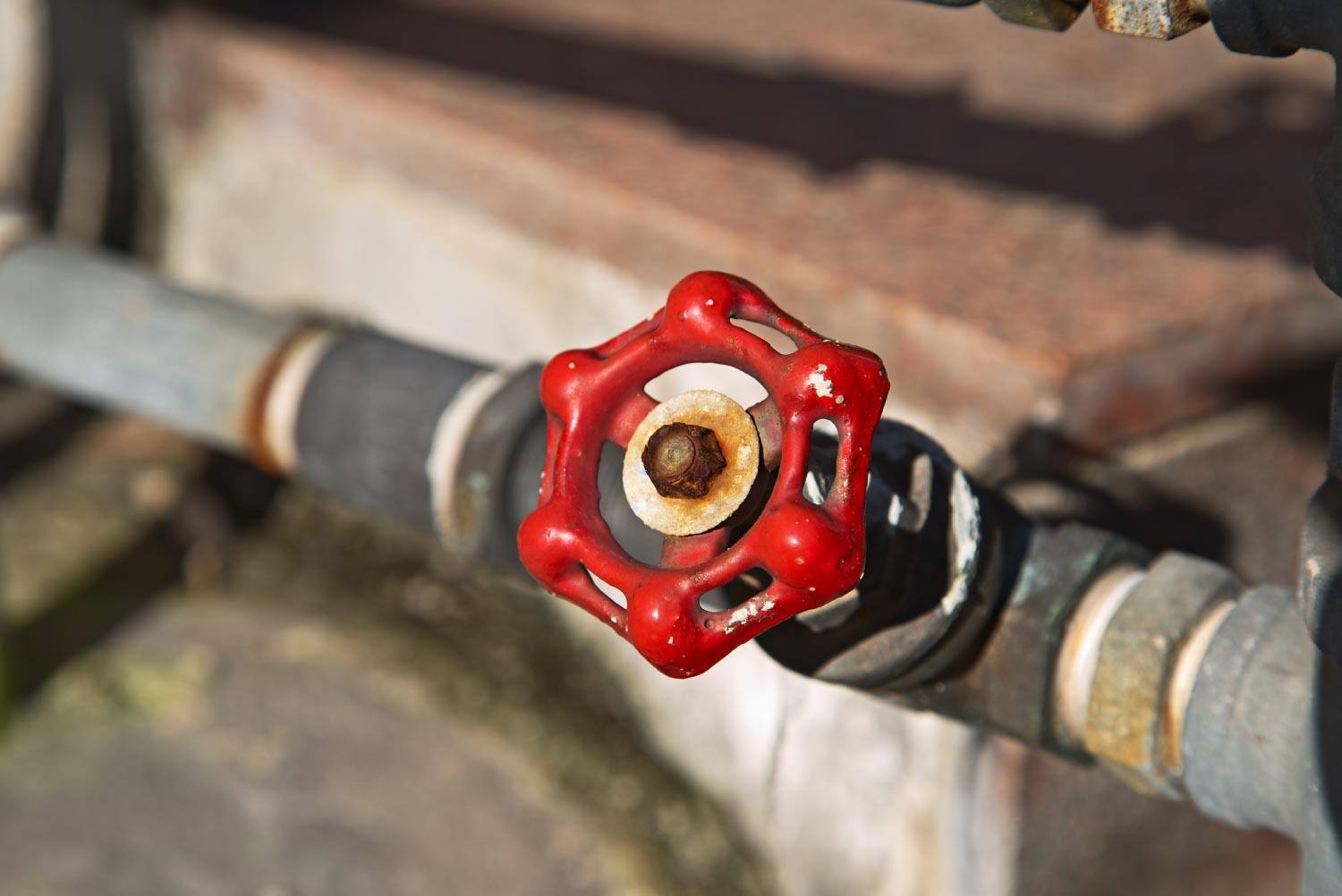
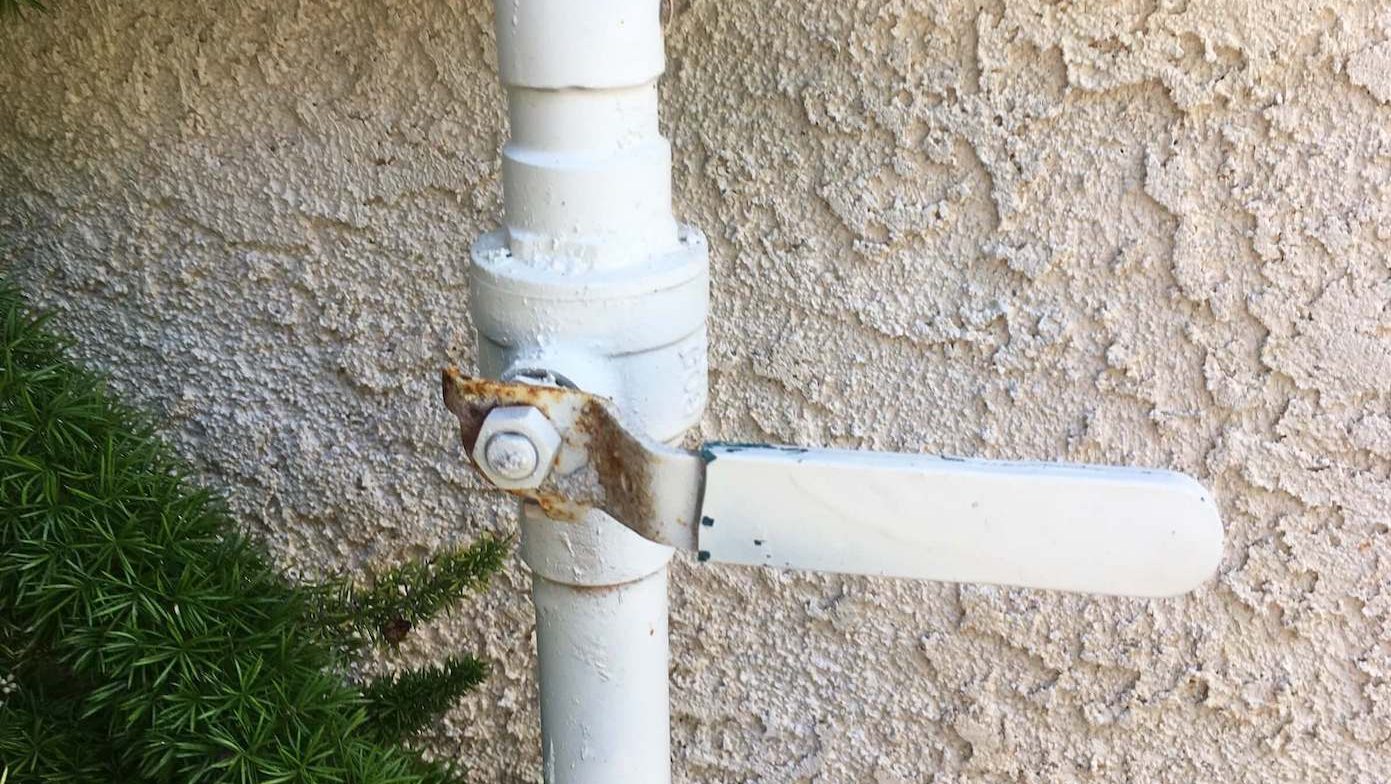
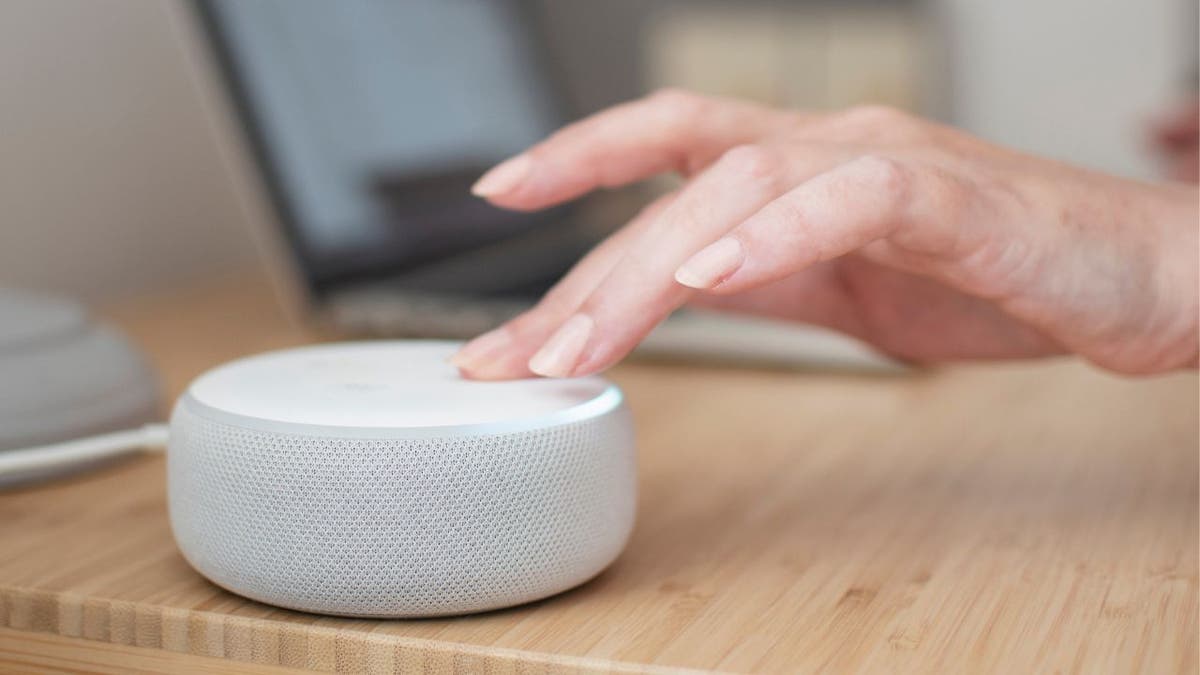
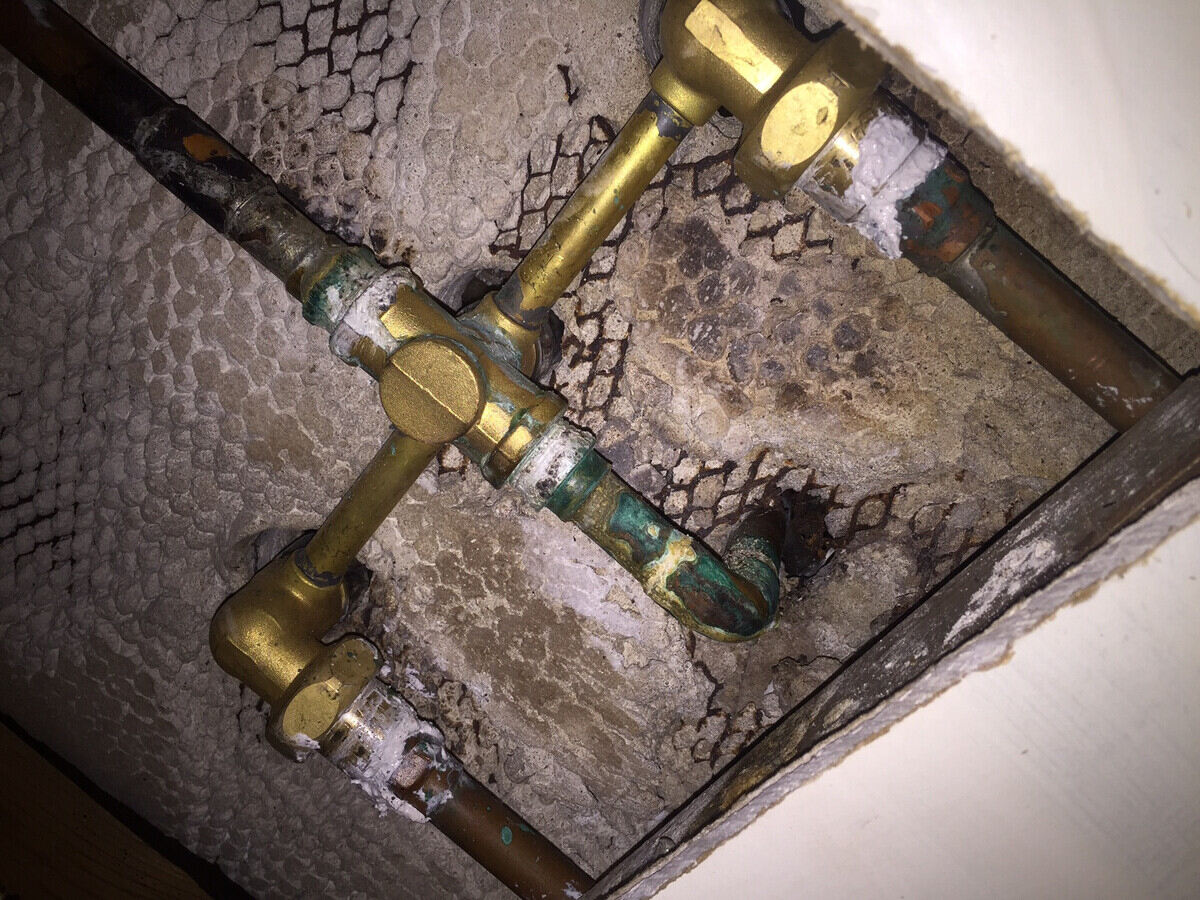

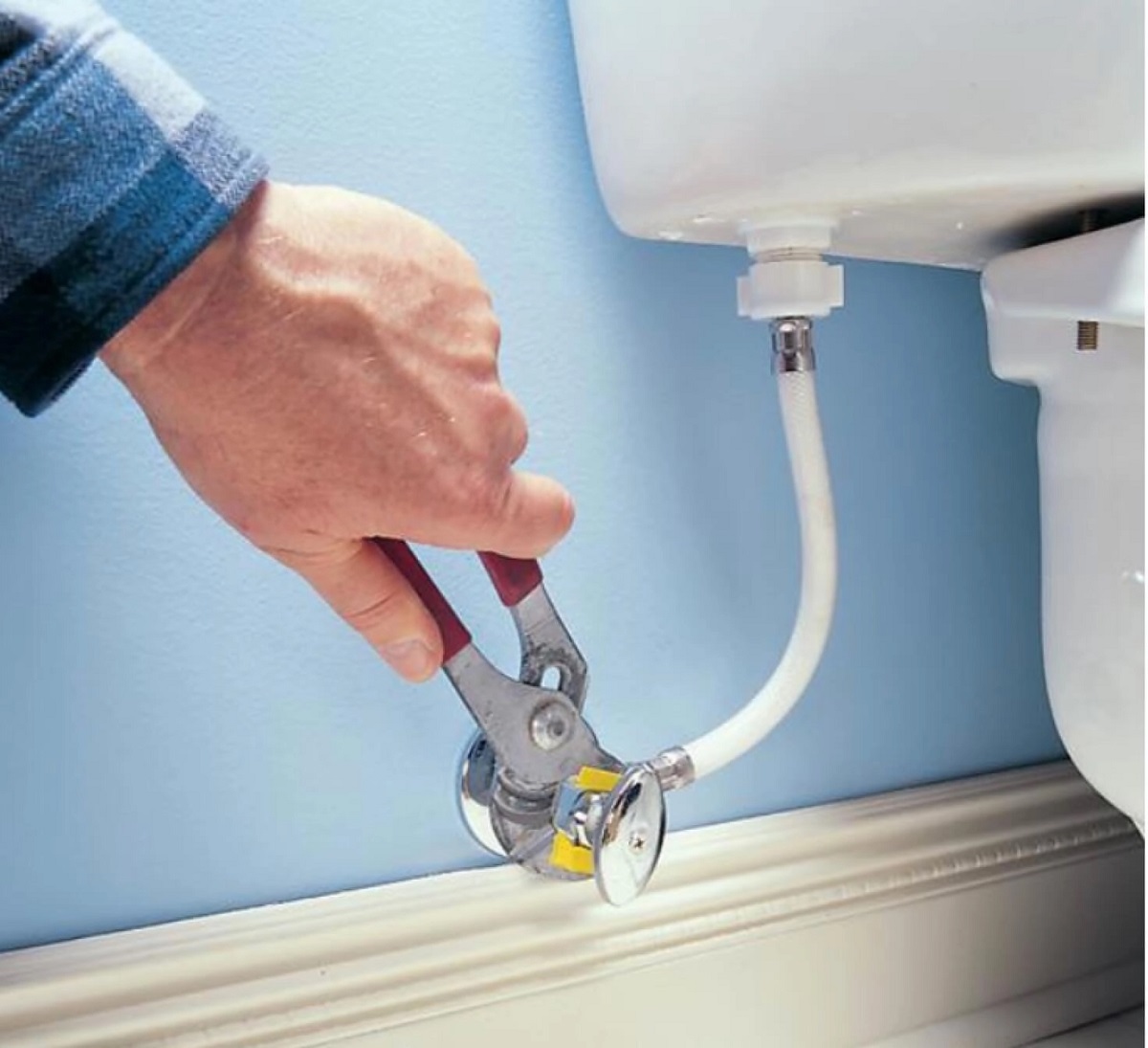
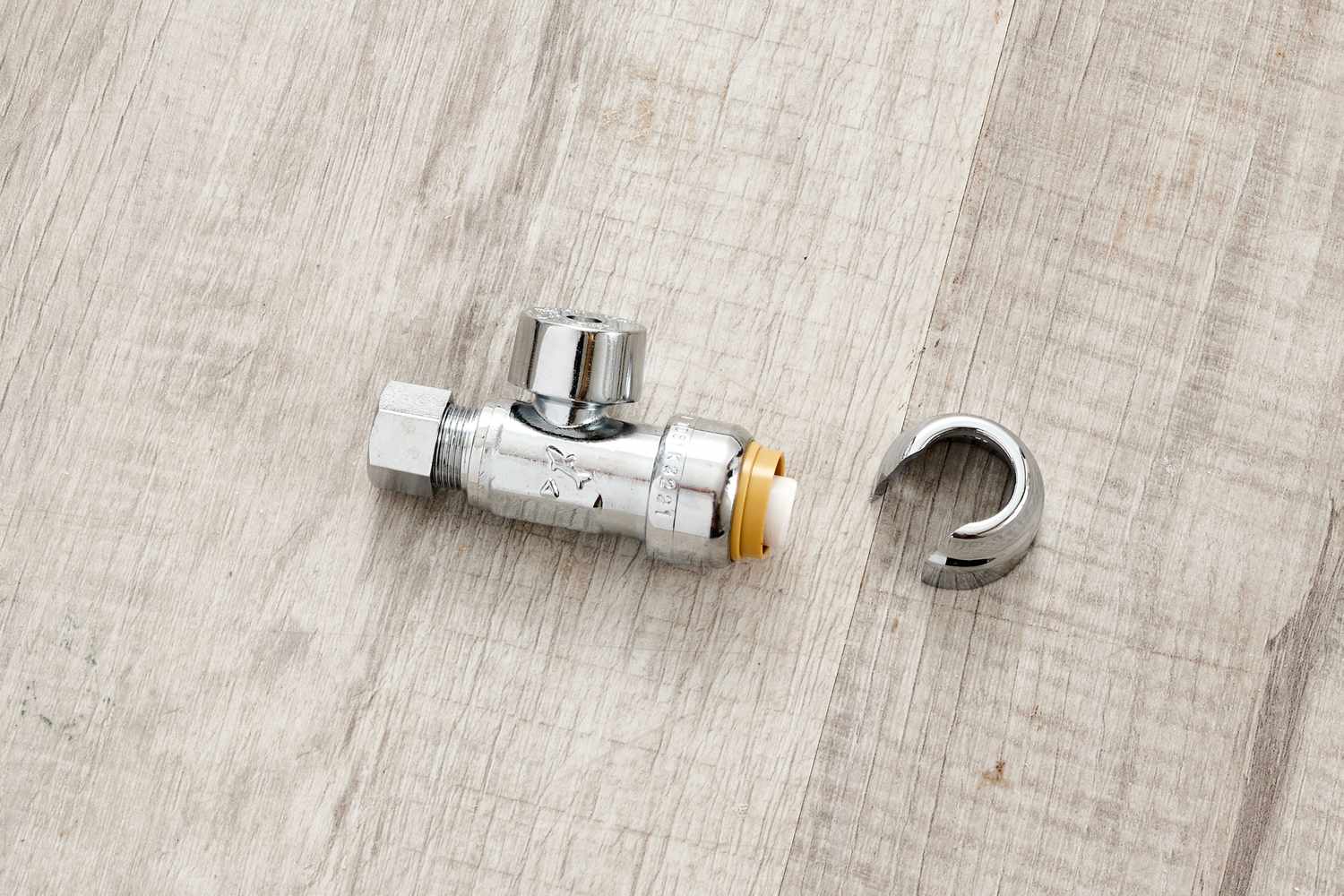
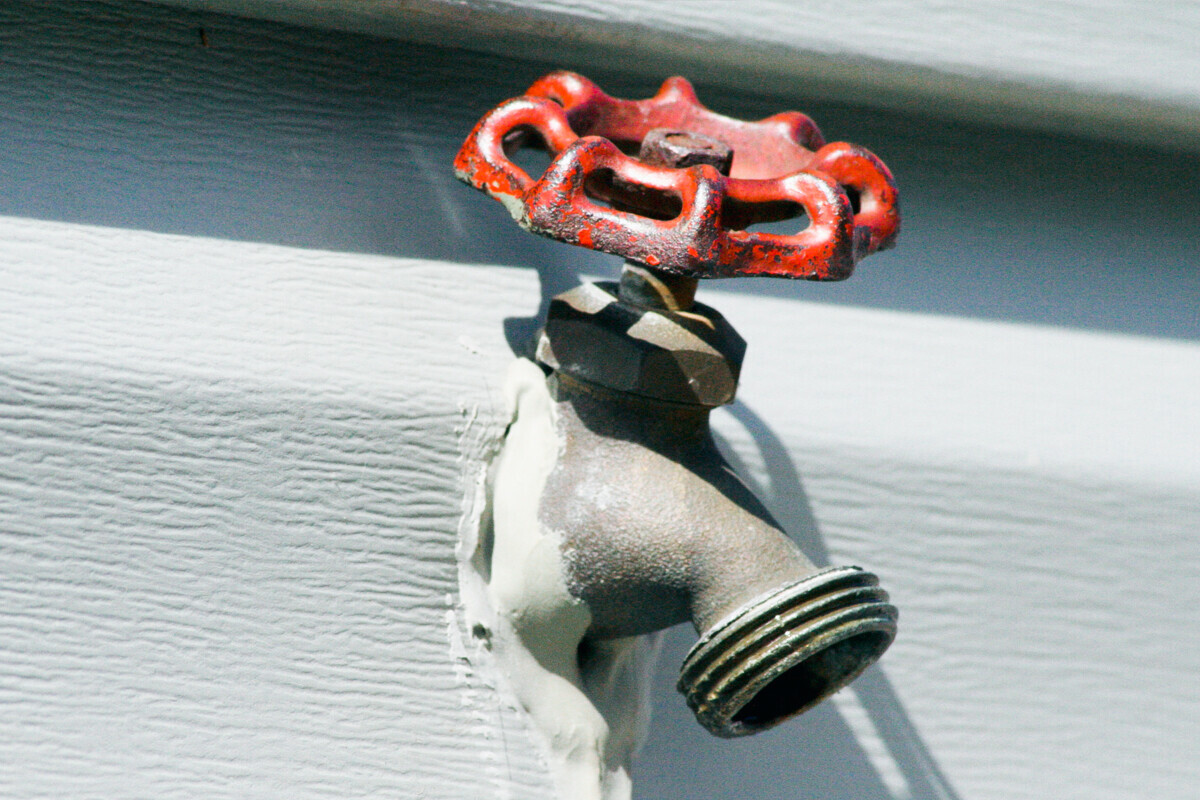
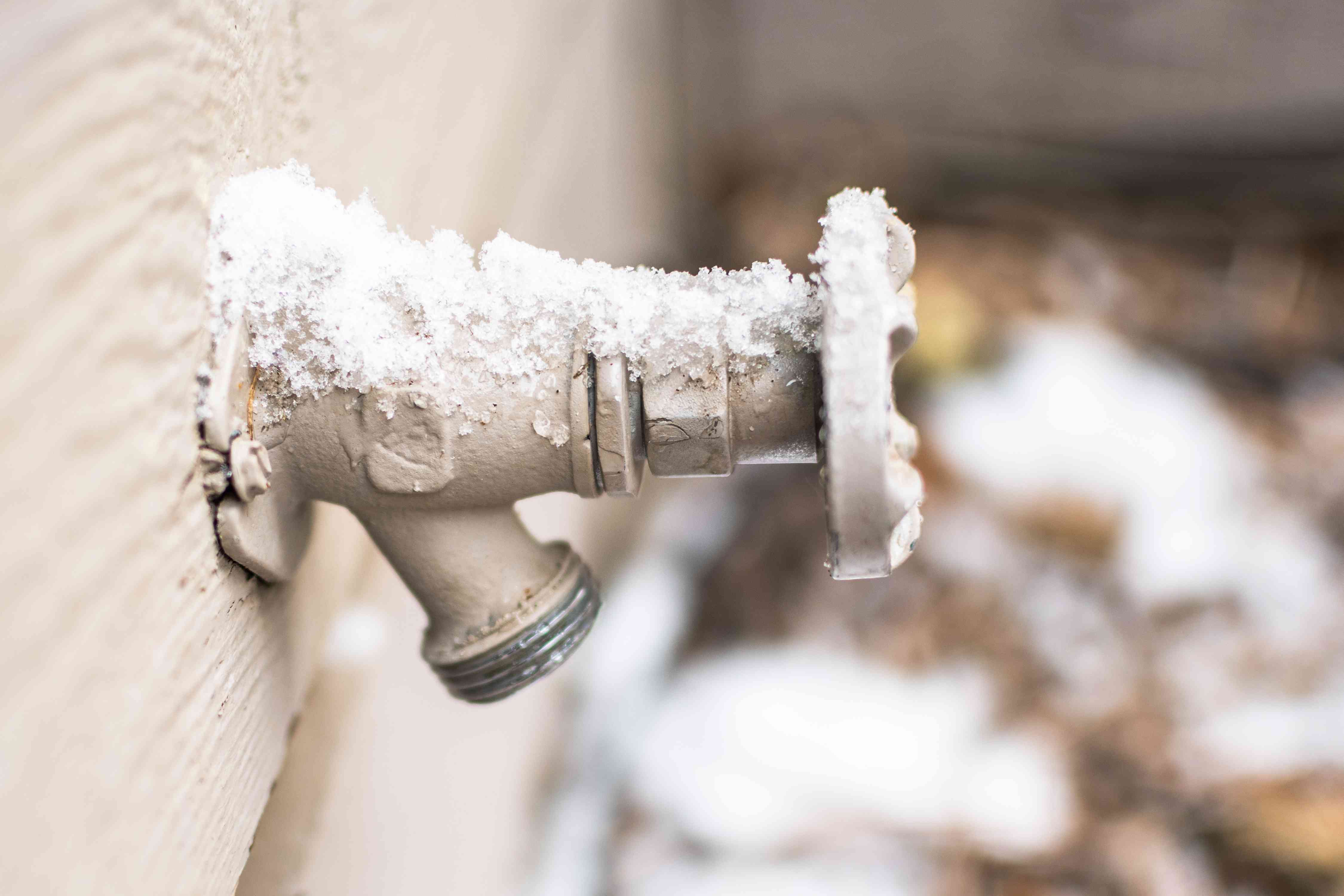
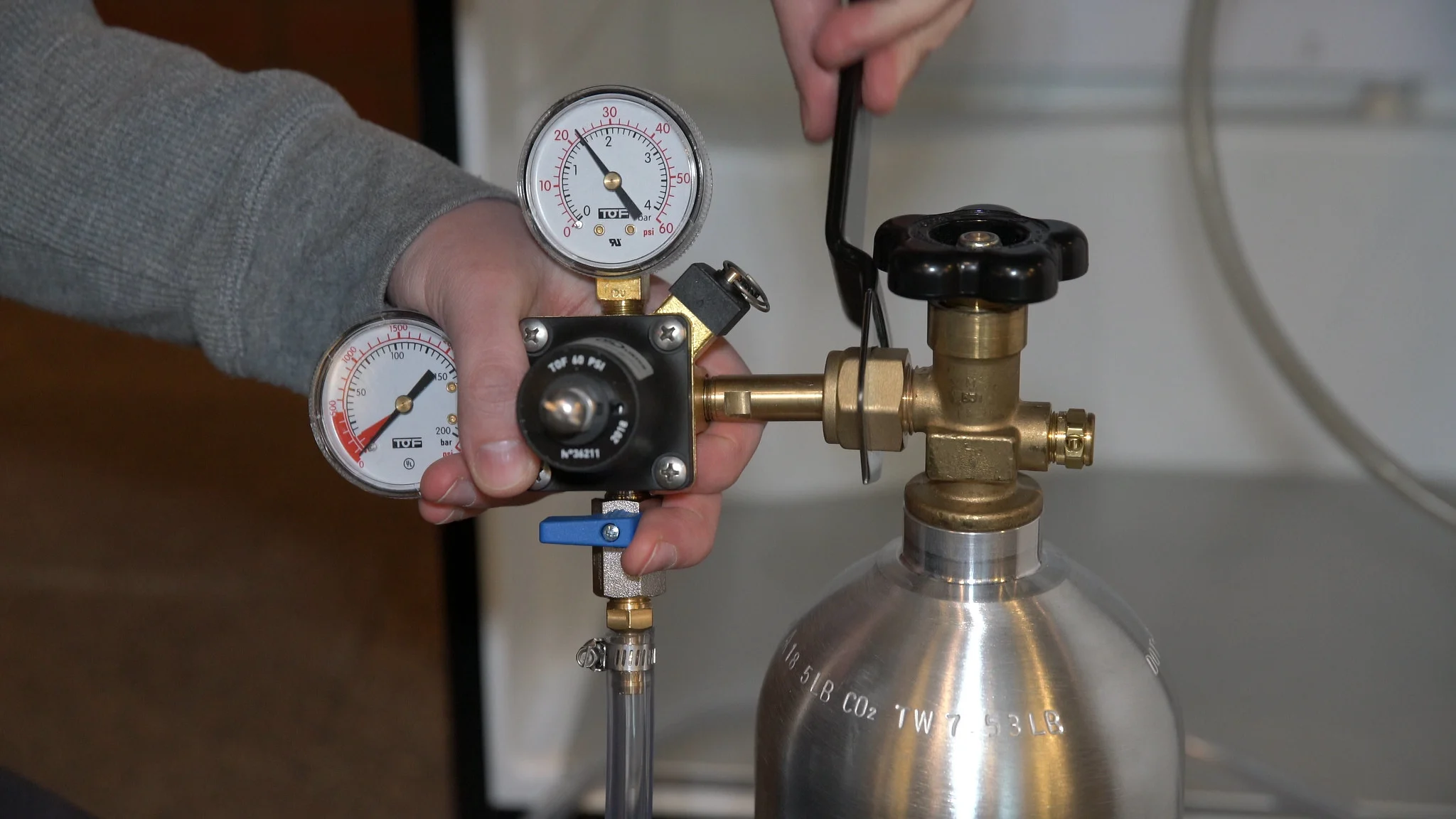

0 thoughts on “How To Shut Off Outdoor Water For Winter”